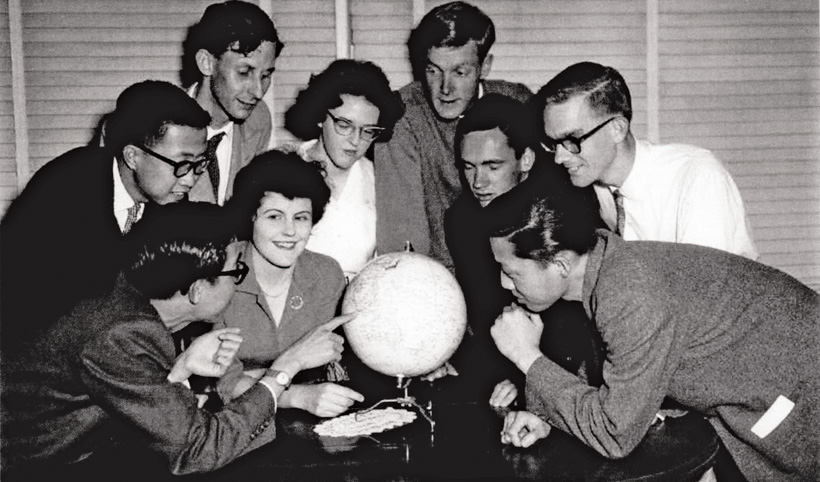By Maria Elena Indelicato
Australia has been at the forefront of international education. It is at her shores that internationalisation as a fully-fledged policy was first introduced in the global reality of higher education in 1992. Significantly, the then Minister for Employment, Education and Training, Kim Beazley, launched the policy to counter the overseas criticism that Australia’s approach to international education ‘was too narrowly commercial.’ The birth of internationalisation is in fact tied to the commercialisation of higher education in the late 1980s, when Australian universities and colleges were allowed to provide full-cost courses designed for international students. Since then, academic and grey policy-oriented studies which try to determine international students’ market choices and needs have proliferated, leaving very little room to discuss issues surrounding the presence of international students in Australia otherwise. Discourses of economic necessity have thus overdetermined the ways in which we think of, talk about and, ultimately, relate to international students at academic and policy levels.

